In-Tank Hydraulic Filters: An Overview
In-tank hydraulic filters are integral components in various hydraulic systems, designed to maintain fluid cleanliness and ensure the longevity of machinery. These filters are typically situated within the hydraulic fluid tank, effectively removing particulate contaminants and maintaining the purity of the hydraulic oil.
Types and Applications
The range of in-tank hydraulic filters includes diverse types, each tailored to specific applications. In-tank hydraulic return filters are commonly used in mobile equipment, serving to cleanse the oil as it returns to the tank. This variety is crucial for systems where contamination can lead to significant downtime and repair costs.
Features and Materials
These filters boast features such as high dirt-holding capacity and compatibility with a variety of hydraulic fluids. Materials used in in-tank hydraulic filters are selected for durability and efficiency, often including synthetic media that can withstand a range of temperatures and chemical exposures.
Advantages of In-Tank Hydraulic Filters
The advantages of using in-tank hydraulic filters are manifold. They play a pivotal role in protecting hydraulic components from wear and tear, thereby extending the service life of the equipment. Additionally, they contribute to the overall system efficiency by maintaining the cleanliness of the hydraulic fluid, which is essential for the smooth operation of the machinery.
Selection Considerations
When selecting an in-tank hydraulic return filter, it is important to consider factors such as flow rate, filtration efficiency, and pressure rating. These specifications ensure that the filter will perform effectively within the hydraulic system's operational parameters.
Procuring In-Tank Hydraulic Filters
For those seeking to procure in-tank hydraulic filters, Alibaba.com offers a comprehensive selection from various suppliers. It is advisable to contact suppliers directly to request detailed specifications and to discuss the compatibility of filters with your equipment. Suppliers can provide valuable insights into the selection of appropriate filters for your commercial needs.


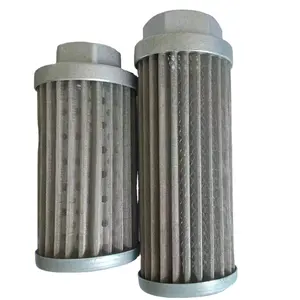





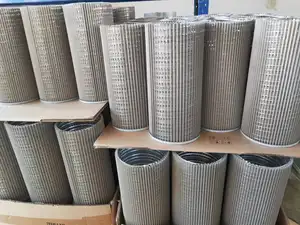






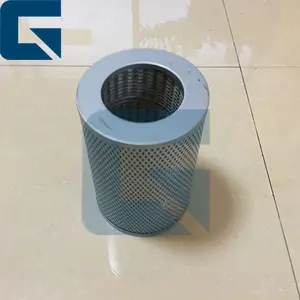



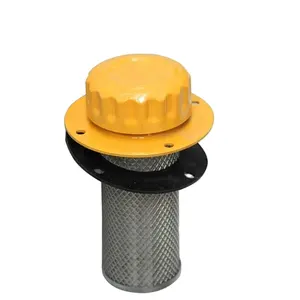

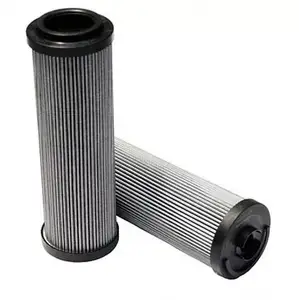
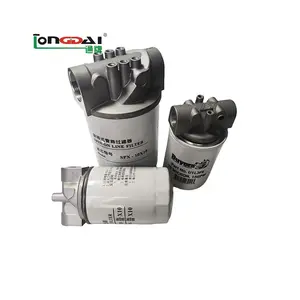








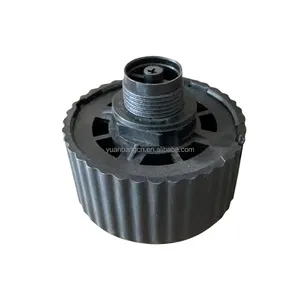







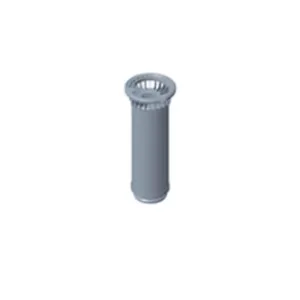




































 浙公网安备 33010002000092号
浙公网安备 33010002000092号 浙B2-20120091-4
浙B2-20120091-4